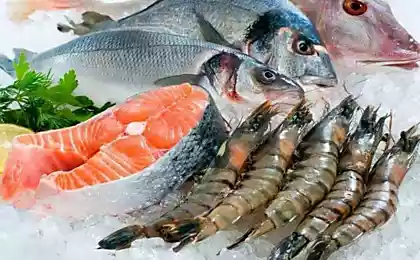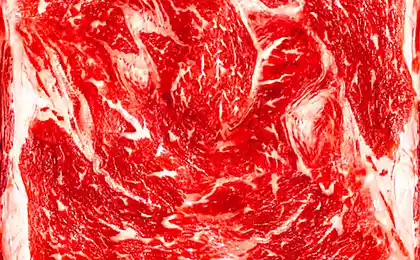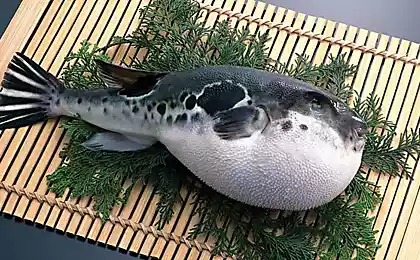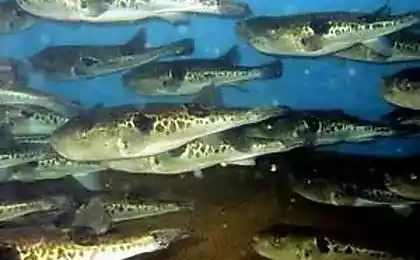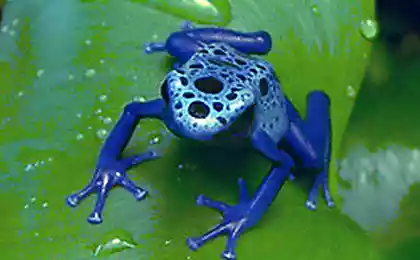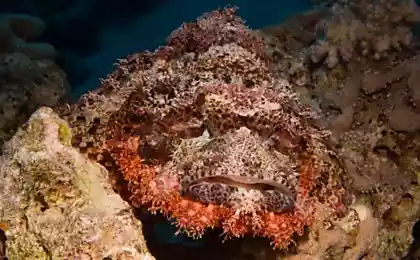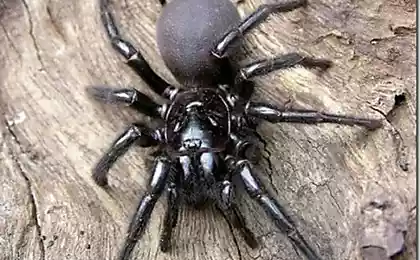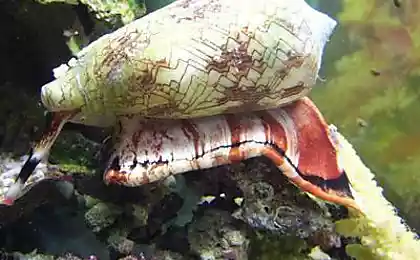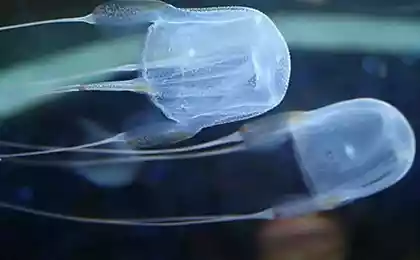457
Poisonous puffer fish has invaded Lebanon
Compared with the snakehead fish, the next fish is overly aggressive, and that she is now in Lebanon. The most dangerous invasive species — hyperaggressive puffer fish, eating fish industry of Lebanon.
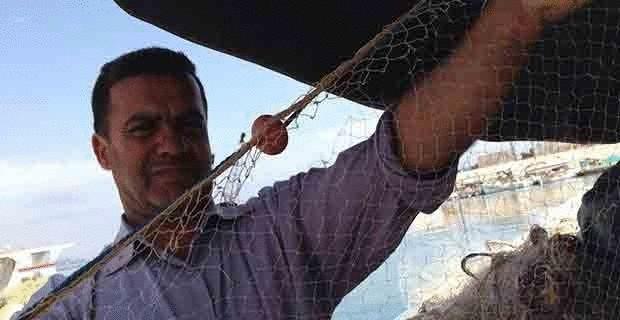
For gray fishermen of the ancient Lebanese port of Sidon, the easiest way to test the toxicity of fish of the Fugue was to feed that stray dog.
“Within half an hour the dog dying,” Mahmoud, Alali(Mahmoud Elaily), 40-year-old commercial fisherman from the southern port city.
Elali now engaged in daily repair works to its network (its nearly 3-mile-long fishing net constantly attacked by the puffer fish), which now takes him too much time. Thanks to the puffer fish, the business is on the brink. Elali, says today he'll be lucky to get a profit of $20 for a 14-hour day. He was accustomed to higher earnings, which he had a year ago.

"Life has always been hard in Lebanon, but now she's becoming unbearable," he says.
Kind of puffer fish, the most common here, lagocephalus sceleratus, a ten-fold reduces the fishing industry of Lebanon, devouring other fish and destroying the network. Known in the area as nefaykh, aggressive fish also brought the loss of Turkish, Egyptian and Israeli fishing industry. Its toxins are also deadly to humans.
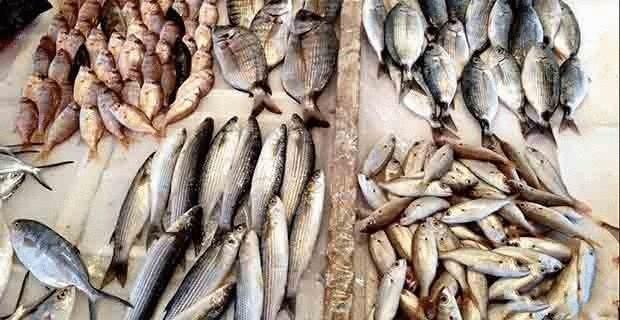
According to the American food and agriculture organization (FAO), the puffer fish first appeared in the Eastern Mediterranean sea off the coast of Turkey in 2003. It is believed to have migrated from its native habitat, the Indian ocean, through the Suez canal and the Mediterranean sea.
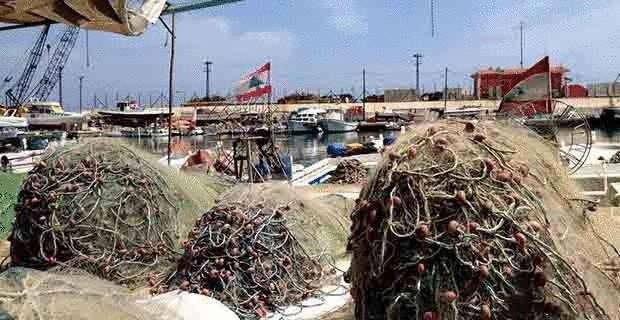
A 2012 report by the FAO describes a fast growing fish, as the aquatic equivalent of Norwegian rats. "If you compare the reproduction with the model of other invasive species and taking into account the fact that l. sceleratus was recorded for the first time in the Eastern Mediterranean sea in 2003, it can be concluded that this is one of the fastest growing [invasive species] until now”, — stated in the message.

"If you clear nefaykh correctly, you can certainly eat it," — boasted Mahmoud Nader (Nader Mahmoud), 22-year-old fisherman. "The poison is in the head and bladder of fish, so if it will handle a specialist like me, and you'll be all right."
Lebanon banned the commercial sale of puffer fish a few years ago, after five people died from eating them .
Source: eco-portal.kz

For gray fishermen of the ancient Lebanese port of Sidon, the easiest way to test the toxicity of fish of the Fugue was to feed that stray dog.
“Within half an hour the dog dying,” Mahmoud, Alali(Mahmoud Elaily), 40-year-old commercial fisherman from the southern port city.
Elali now engaged in daily repair works to its network (its nearly 3-mile-long fishing net constantly attacked by the puffer fish), which now takes him too much time. Thanks to the puffer fish, the business is on the brink. Elali, says today he'll be lucky to get a profit of $20 for a 14-hour day. He was accustomed to higher earnings, which he had a year ago.

"Life has always been hard in Lebanon, but now she's becoming unbearable," he says.
Kind of puffer fish, the most common here, lagocephalus sceleratus, a ten-fold reduces the fishing industry of Lebanon, devouring other fish and destroying the network. Known in the area as nefaykh, aggressive fish also brought the loss of Turkish, Egyptian and Israeli fishing industry. Its toxins are also deadly to humans.

According to the American food and agriculture organization (FAO), the puffer fish first appeared in the Eastern Mediterranean sea off the coast of Turkey in 2003. It is believed to have migrated from its native habitat, the Indian ocean, through the Suez canal and the Mediterranean sea.

A 2012 report by the FAO describes a fast growing fish, as the aquatic equivalent of Norwegian rats. "If you compare the reproduction with the model of other invasive species and taking into account the fact that l. sceleratus was recorded for the first time in the Eastern Mediterranean sea in 2003, it can be concluded that this is one of the fastest growing [invasive species] until now”, — stated in the message.

"If you clear nefaykh correctly, you can certainly eat it," — boasted Mahmoud Nader (Nader Mahmoud), 22-year-old fisherman. "The poison is in the head and bladder of fish, so if it will handle a specialist like me, and you'll be all right."
Lebanon banned the commercial sale of puffer fish a few years ago, after five people died from eating them .
Source: eco-portal.kz
Volkswagen began selling electric e-Golf in Germany
Volvo engineers are busy making the electric car on the rails...


